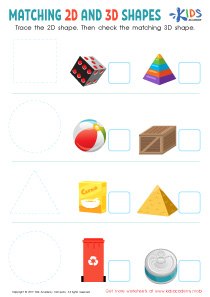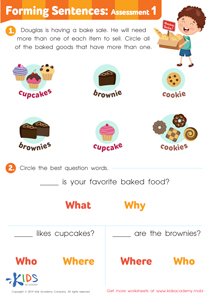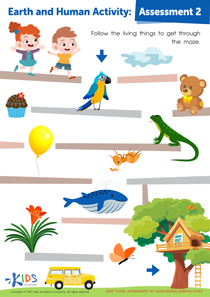Cognitive Development Extra Challenge Kindergarten Worksheets - Page 2
26 filtered results
-
From - To
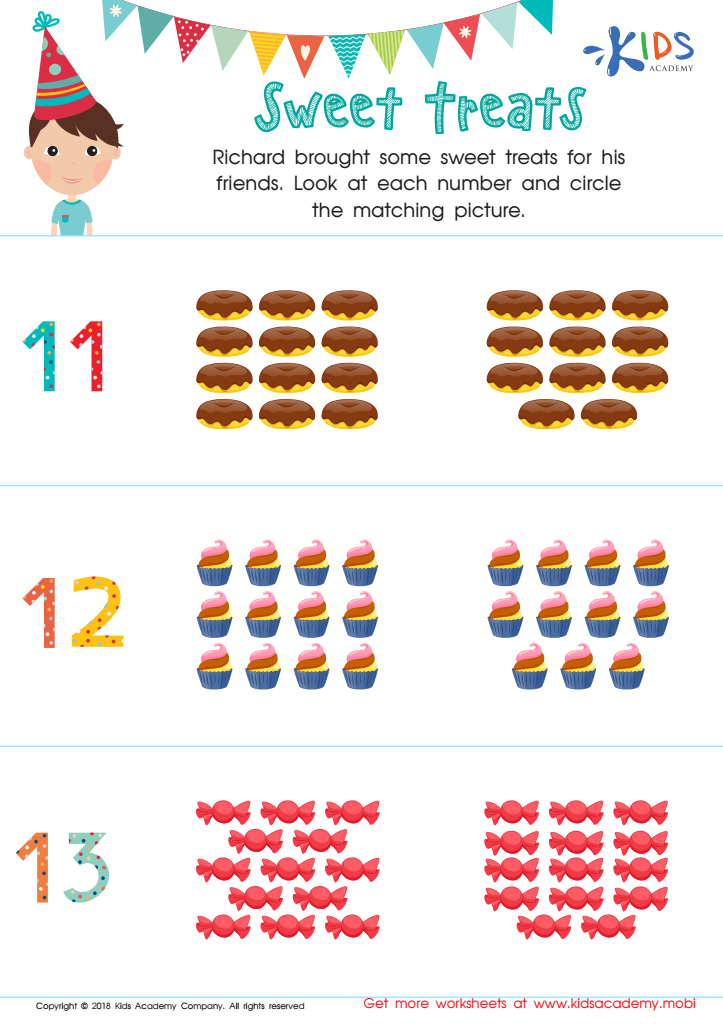

Kindergarten Math Worksheet Matching Numbers
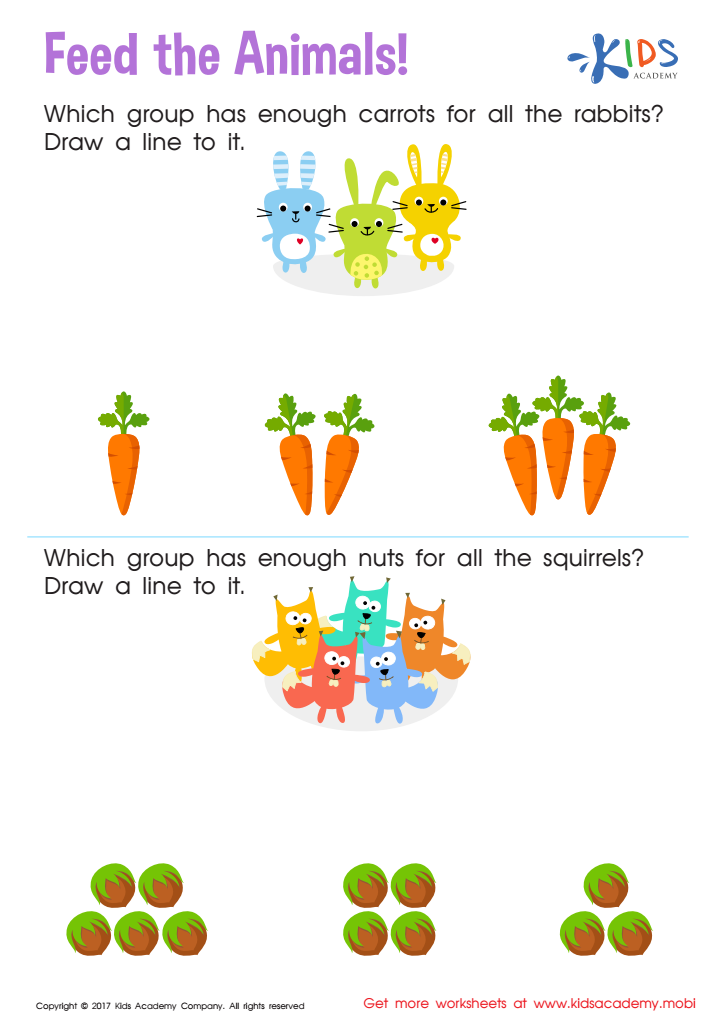

Count and Match: Feed the Animals Worksheet
Cognitive Development Extra Challenge in kindergarten is crucial because it lays the foundation for lifelong learning and intellectual growth. This period is characterized by rapid brain development, during which children not only absorb a vast amount of information but also learn how to think critically, solve problems, and understand the world around them. Introducing extra cognitive challenges at this stage stimulates curiosity and enhances cognitive functions such as memory, attention, and reasoning skills.
When parents and teachers focus on providing these additional challenges, children are better prepared to succeed in future academic endeavors. Activities that promote cognitive development can include puzzles, storytelling, and games that require strategic thinking. Such tasks help in developing neural connections, fine-tuning fine motor skills, and increasing language proficiency. Furthermore, early cognitive challenges foster resilience and adaptability, preparing children to face more complicated tasks in higher grades with confidence.
Ignoring this crucial aspect may affect a child's ability to grasp more complex concepts later in life. By emphasizing cognitive development, parents and teachers help children build a strong intellectual framework, thereby setting them up for academic success and a lifelong love for learning. Therefore, investing effort in cognitive challenges during kindergarten is an investment in a child's future.

 Assign to My Students
Assign to My Students








